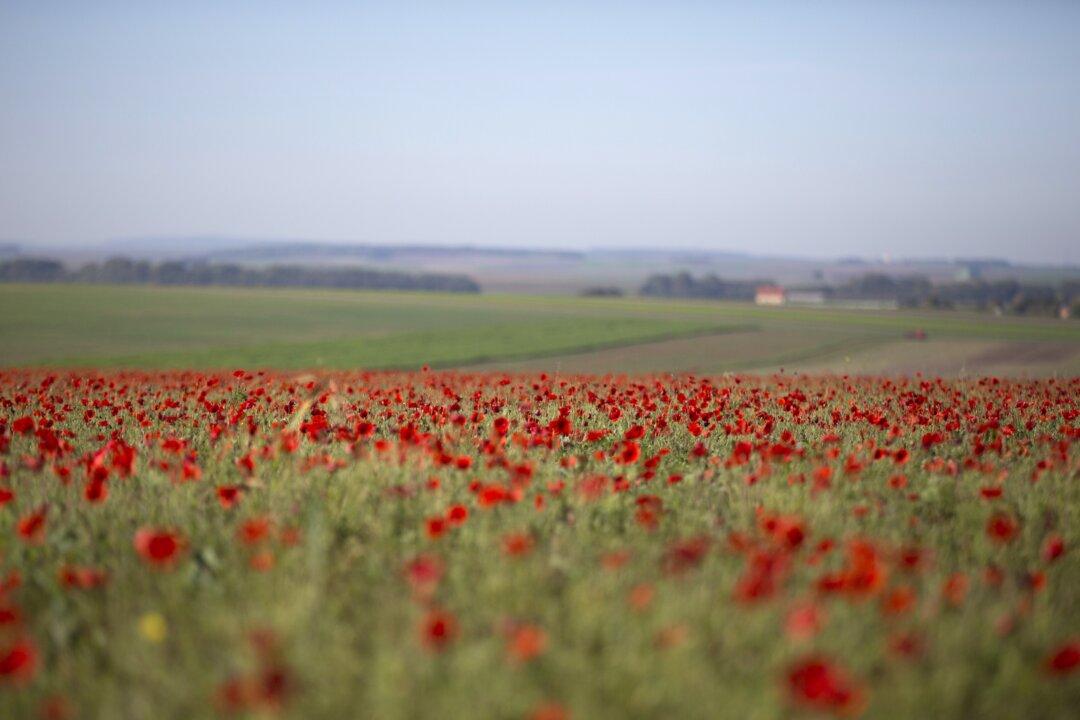CALGARY—John William Gow Logan had one course and some articling to complete before becoming a lawyer, but his death in the First World War left his dream unfinished.
The son of Manitoba homesteaders enlisted as a private in the 50th Battalion in 1915 and within months was promoted to corporal. He was killed on the last day of the Battle of the Somme in France on Nov. 18, 1916—a month shy of his 30th birthday.





